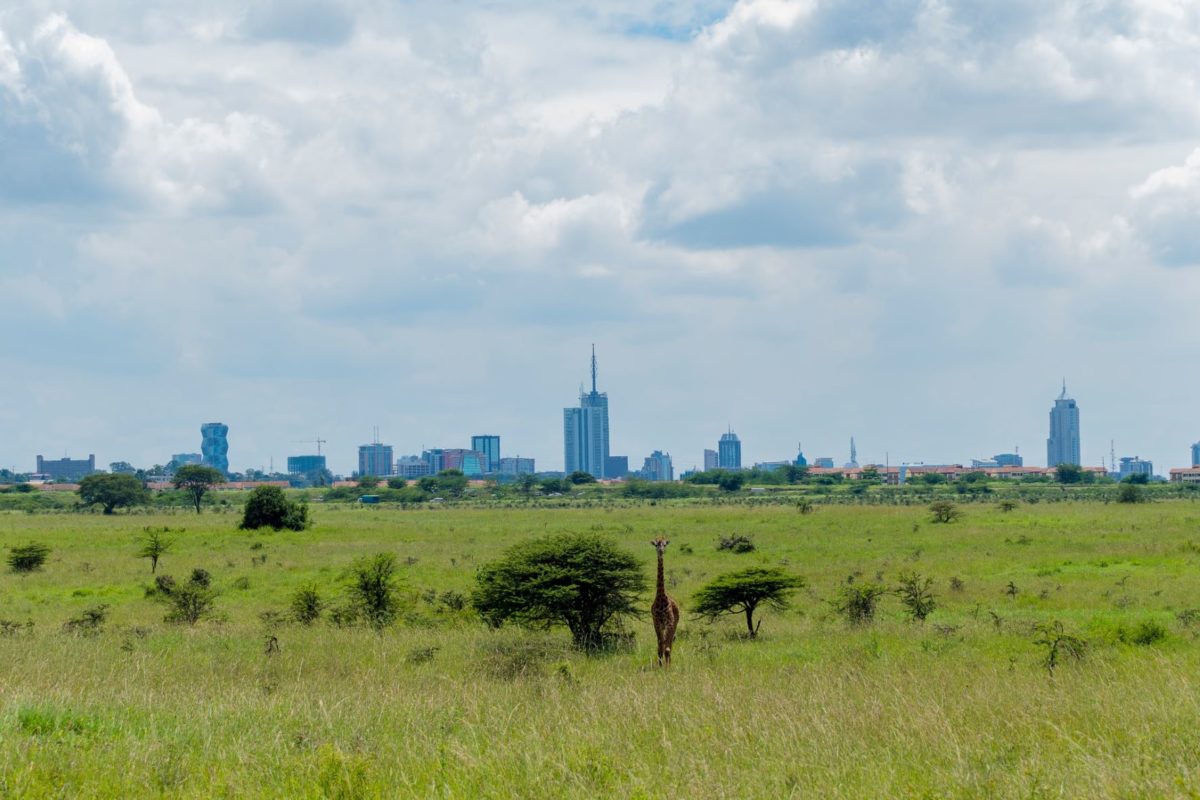
SweDev and SEI invited Stefan Dercon, Professor of Economic Policy at the Blavatnik School of Government and Director of the Centre for the Study of African Economies at the University of Oxford, to highlight the outcomes from his latest book “Gambling on Development: Why some countries win and others lose”.
The topic of the SEI and SweDev dialogue was how countries are managing growth and sustainable development. Professor Dercon was introduced by George Marbuah, SEI Research Fellow.
“It was a pleasure to host Professor Dercon who delivered a great and interesting keynote about why some countries win and others lose in development. Drawing on his extensive academic research and policy experience, he provided new insights on why this may be the case. Professor Dercon provocatively argued that the answer lies not in specific policies per se in many developing countries, but rather in a ‘development bargain’, where the elite in a particular country is able to ‘shift from protecting their own positions to gambling on a growth-based future’.”
George Marbuah, SweDev member and SEI Research Fellow
Gambling on Development: Why some countries win and others lose
The book draws on Professor Dercon’s academic research and his policy experience across three decades and 40-odd countries, exploring why some countries have managed to settle on elite bargains favoring growth and development and others did not.
“Aid is a little bit like dancing the tango, it should be led by someone and I think it should be led by the country,” said Dercon during his presentation.
Professor Stefan Dercon
Watch the recording:
Professor Stefan Dercon
Stefan Dercon is a Professor of Economic Policy at the Blavatnik School of Government and Director of the Centre for the Study of African Economies at the University of Oxford. Professor Dercon combines his academic career with work as a policy advisor, providing strategic economic and development advice, and promoting the use of evidence in decision making.
SEI and SweDev dialogues on development research
“We had an exciting dialogue with over 30 participants from the global south and Sweden, who posed questions to Professor Dercon. We invite development researchers around the world; both Swedish researchers, international researchers, and researchers from the global south, to give a short talk about their ongoing or finalized research.”
Janet Vähämäki, Director of SweDev and SEI Development and Aid Policy Team Lead
The series of dialogues on development research, an initiative taken by the Development and Aid Policy Team at SEI Headquarters and the Swedish Development Researchers Network (SweDev), kicked off in the end of 2021. Our research-based community has raised the need for learning spaces and dialogue platforms for development research. This dialogue with Stefan Dercon was part of SEI’s and SweDev’s dialogue series on development research.
@SweDevNetwork @SEIresearch
#Agenda2030 #SustainableDevelopment #DevelopmentResearch #DevelopmentPolicy


Recent Comments